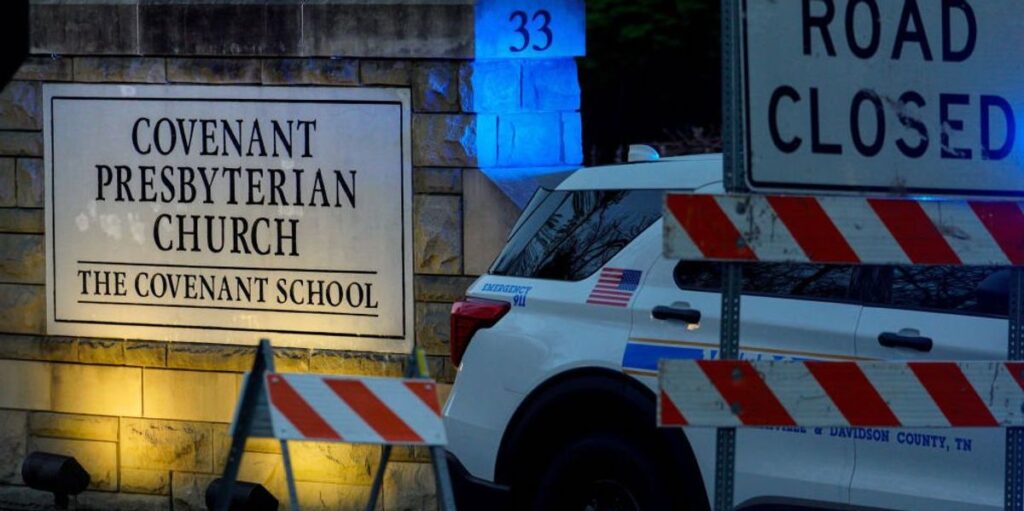Former Manhattan District Attorney Cy Vance Jr. provided insight into the criminal case against Donald Trump on Sunday, declining to say it is “airtight.”
What is the background?
Last Thursday, Manhattan DA Alvin Bragg confirmed that a grand jury indicted Trump.
The case centers on a hush-money payment. Trump allegedly used attorney Michael Cohen to siphon money to Stormy Daniels, then recorded those payments as legal fees, thus allegedly committing the crime of falsifying business records.
But the case is particularly convoluted because Bragg is purportedly attempting to elevate misdemeanor falsifying business records charges to a Class E felony by arguing the crime occurred in the commission of another crime. It’s not yet clear what the second crime is, but it is suspected that Bragg will argue the Daniels payment functioned as a campaign donation — on the basis that Trump’s campaign benefited from it — thus violating campaign finance laws.
What did Vance say?
Speaking on NBC’s “Meet the Press,” Vance admitted he is unsure whether the case is “airtight,” and he explained why declined to pursue the case several years ago.
“Did your office conclude that a stand-alone felony charge for these hush-money payments wasn’t worth it because of so many of the uncertainties around the legal theory?” host Chuck Todd asked.
At first, Vance reiterated that federal attorneys in the Southern District of New York had asked his office to “stand down.” Then he implied that his office did not pursue a felony case against Trump because such a case is unprecedented — not just against a former president, but against anyone.
“I don’t want to get into our deliberations. But we have historically filed cases of false documentation, elevating them to felonies, when federal statutes were involved,” Vance began.
“It’s never been done, that I know of, with regard to federal election law, which is quite a, you know, specific area of law,” he added.
Full fmr. Manhattan DA: ‘I guarantee’ the court wants to move ‘quickly’ following Trump indictmentyoutu.be
According to Vance, the real question is not why his office did not pursue the case, “but why this district attorney is doing it.”
The final observation points to a larger problem in the case: Vance and the federal government declined to prosecute it, so what new evidence has Bragg’s office uncovered — if any at all — that makes the case suddenly viable?
If Bragg cannot prove the second crime, then the case will likely be tossed on statute of limitation grounds because the statute of limitations for the falsifying business records charge is two years. Whether or not Bragg would even clear the statute of limitations hurdle for the felony charge — five years — is highly debatable.
Like Blaze News? Bypass the censors, sign up for our newsletters, and get stories like this direct to your inbox. Sign up here!


